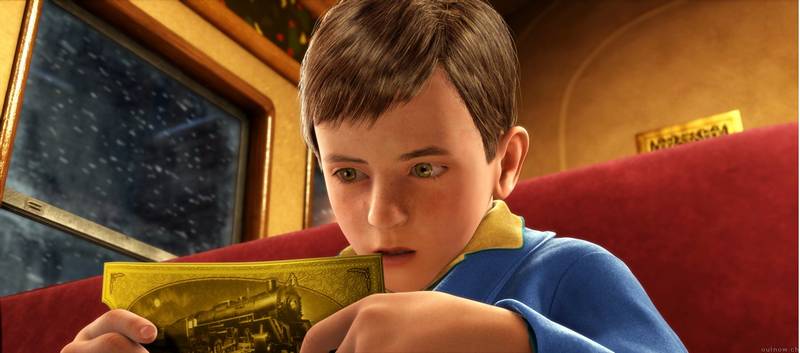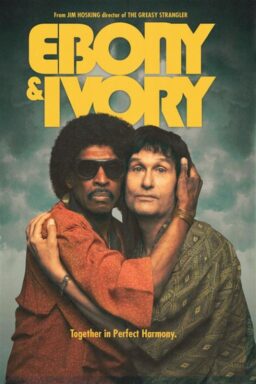When the numbers were crunched on the morning of Feb. 23, “Titanic” officially became the top-grossing film at the worldwide box office, passing “Jurassic Park’s” record of $914 million. As of Monday, about $427 million of the film’s receipts came from the American box office, where “Titanic” is in second place and closing fast on the “Star Wars” total of $461 million.
Of course, those totals don’t account for ticket price inflation, and many more people have seen “Star Wars,” which opened in 1977 when prices were less than half their current levels. But “Titanic” will steam on and on, and it seems on course to be seen by more people than any other movie of modern times.
Why? What it is about this high-tech melodrama that has created not just success, not just popularity, but genuine and heartfelt enthusiasm?
I ask because I hear the warmth in people’s voices when they discuss it and see the light in their eyes. Strangers are forever telling me about this or that movie they’ve just seen, and I can guess by their manner how enthusiastic they really are. “Titanic” moves them. They feel real affection for it.
Those who love it are taking others – insisting that they go. Hollywood talks about “word of mouth” as the best advertising because people believe it when a friend likes a movie. But with “Titanic” people aren’t just talking. The movie is doing an unusually high rate of repeat business because many repeaters are dragging along friends, insisting they share the experience.
Is there something buried and mythic in “Titanic” that strikes a deep chord and makes it into a quasi-ritual for those who love it? I think so. I know there are those who go because they like the love story, or are fans of Leonardo DiCaprio, or admire the special effects. But I think the breadth of the film’s success is better explained by the way it touches universal feelings.
One key to the film’s impact is the way director James Cameron incorporates the real Titanic, in its watery grave, with his fictional story.
The opening footage from the bottom of the Atlantic is eerie in its impact; it gives the film weight and gravity. We look at a real ship that really sank, and we feel like intruders on its ghostly silence. The solemnity of those scenes lends authenticity to everything that follows; in a film constructed out of special effects, Cameron starts with the ultimate reality of the Titanic itself.
Then there’s the romance. It’s like an interlude in an opera, the moment of heedless abandon before tragedy comes crashing down. DiCaprio and Kate Winslet, as Jack and Rose, are an attractive and likable couple, but they don’t have the presence of, say, Clark Gable and Vivien Leigh in “Gone With the Wind.” Their romance is effective primarily because it is doomed; every moment has a bittersweet undertow because we know what’s coming.
Jack and Rose began to grow in stature during the scenes recreating what it was like once the Titanic struck the iceberg. Who hasn’t wondered what such a situation would be like? I remember today, clearly, the first time I ever had the phrase “women and children first” explained to me, and I realized it meant my father would go down with the ship (I had never seen a ship, but no matter).
Do we believe that today? Would men still stand aside for women and children? What a test of character, in a society where a man will not even give his seat to a woman on the bus.
People on a sinking ship are presented with an ultimate test to determine what they are really made of. I would admire anyone giving up a place so another might live, but I would also understand a person scrambling desperately for the last lifeboat. I would want to behave heroically – but I would also not want to drown. The romance in “Titanic” is inconsequential, but the sacrifice at the end is incredibly moving; by the time the two young lovers are clinging to the floating debris, we are completely and truly inside the film, sharing their experience and identifying with it.
The appeal of “Titanic” is made of many things. It is exciting, glorious to look at, intelligent in the way it explains the tragedy – and one of the best made films in cinema history. But the heart of its appeal, I’m convinced, comes in the power of the sacrifice at the end – which Jack makes for Rose because he loves her. We identify with films. A powerful movie can be an out-of-body experience, in which we are sharing the events on the screen; in a sense they are happening to us. In the clarity of the way “Titanic” prepares us for the ship’s sinking, and in the inexorable way the tragedy progresses, the film places us in a situation with fewer and fewer choices, until finally there is only one. Do we identify with Jack or Rose? With both, I argue. With Jack, because we would like to be brave and to sacrifice ourselves for the one we love. And with Rose, because it is a good thing to find true love – to know that someone loved you enough to die for you. That is why the modern story, of Rose when she is 101 years old, is so important. One wants to think that one will be well remembered, and for a long time.
The buried power of “Titanic” comes not because it is a love story or a special effects triumph, but because it touches the deepest human feelings about living, dying, and being cherished. For many viewers, it is their story, if only they were as lucky as Rose – or, yes, as Jack.











